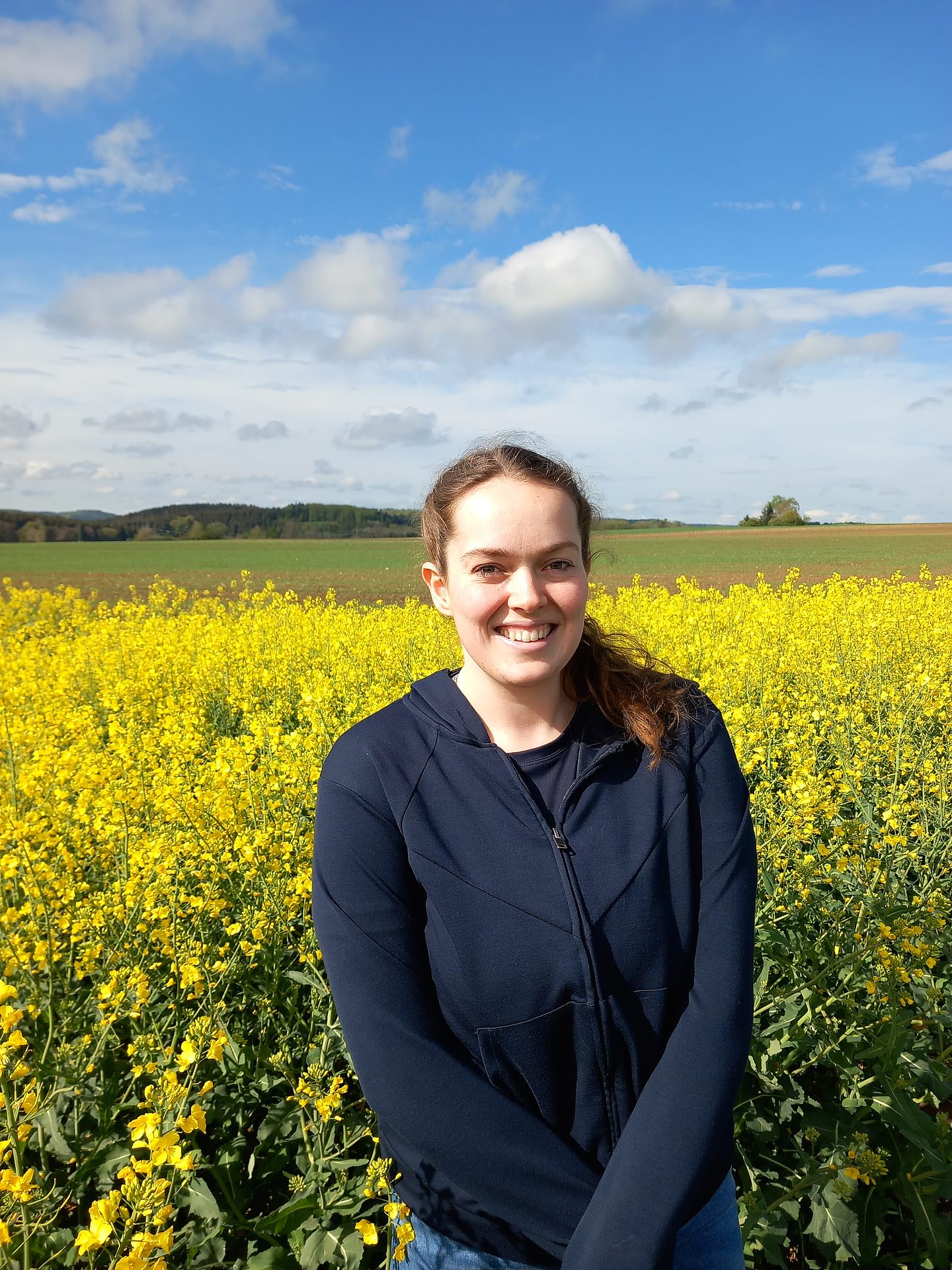Research interests
• Host-Pathogen Interactions
• Behavioral & Evolutionary Ecology
• Microbiome
Scientific project
For my PhD, I joined the ERC-funded BeePath project . By studying the bee-varroa system, we are investigating the effect of the introduction of a novel vector, the parasitic mite varroa, on host, pathogen and their interactions. With the mite's parasitisation of honey bees, the deformed wing virus re-emerged and has since become a widespread bee pathogen affecting not only honey bees but also wild bumble bees. We are interested in how this novel transmission route affects both the epidemiology and evolution of the pathogen as well as its impact on the hosts. In this context I am currently especially interested in the microbiome and its implication in protection against pathogens and bee/pollinator health in general.
Before coming to Ulm, I did my B.Sc. in Biology at the University of Tübingen, where I worked on the behavioral ecology of honeybees, focusing on their visual system and learning abilities. For my M.Sc. in Biophysics, I came to the University of Ulm. In my master thesis, I investigated the potential of a protein as an inhibitor of secondary cancer using single molecule fluorescence microscopy techniques.
Contact
Svea Lindeboom
Institute of Evolutionary Ecology
and Conservation Genomics
University of Ulm
Albert-Einstein-Allee 11
89081 Ulm
Germany
Email: svea.lindeboom()uni-ulm.de

